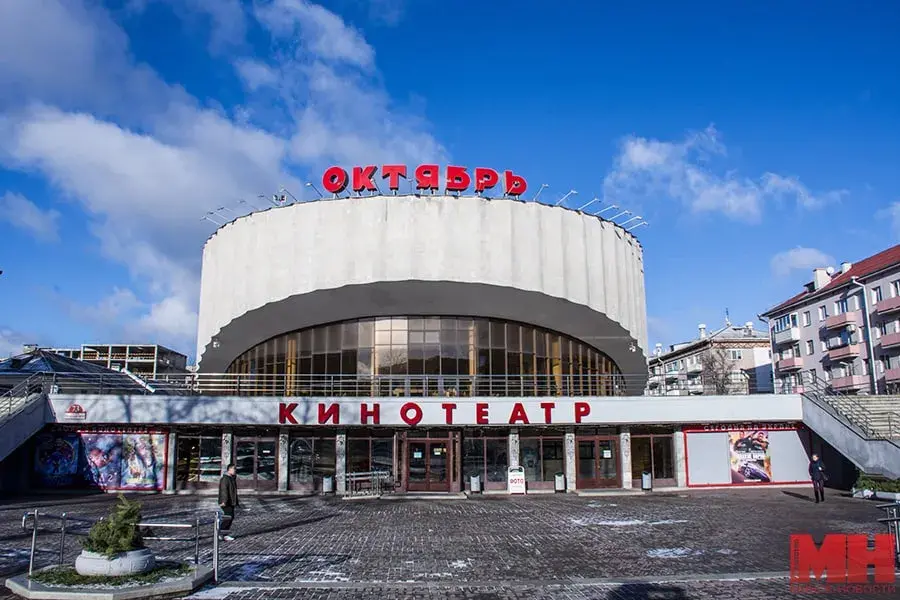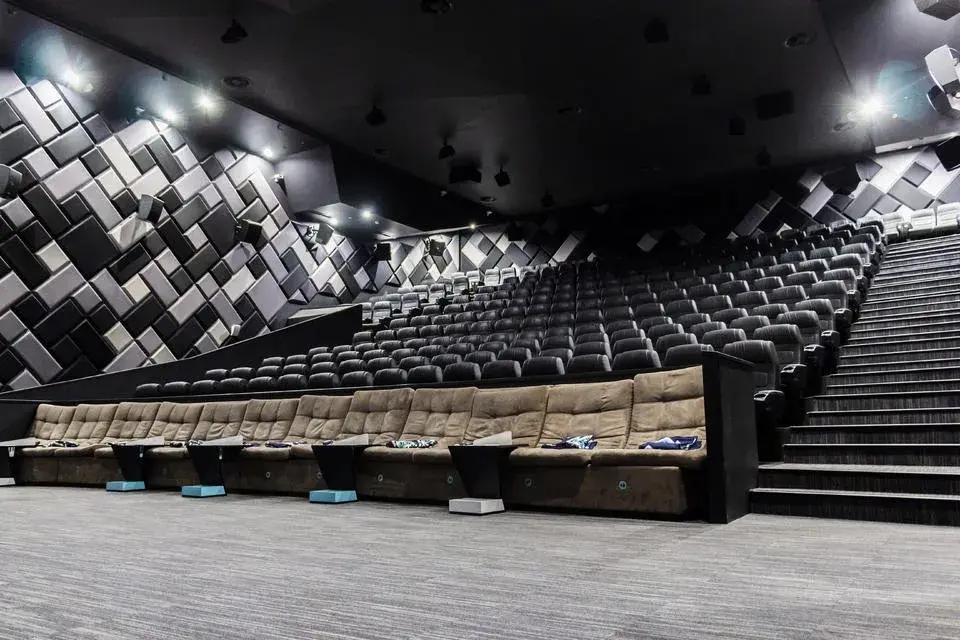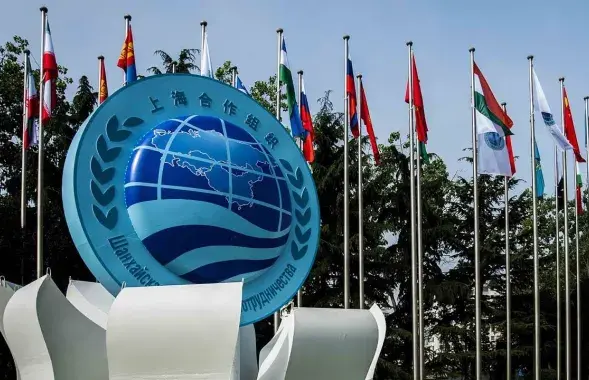Who sends illegal movies to Belarus and how

Screenshot from Avatar 2 / Euroradio
Last week we wrote a text on how the movie market in Belarus, which is experiencing the worst crisis in its history in three decades because of its complicity in the Ukrainian war, was screening Hollywood blockbusters again. Its main conclusion was that Belarusian cinemas began to make money legally from showing pirated movies without informing viewers about this fact and refusing the media an official explanation.
But several important questions remained unanswered: where did the intermediary selling pirated copies of movies to Belarusian distributors come from, and what does the process of their creation technically look like?
In this story, Euroradio gives the answers by talking to sources in the film industry.
Russian connection
Let's start with the mysterious middleman who sends pirate copies to cinemas.
To explain our theory, we need to provide a little context about the post-Soviet film business. In Belarus, it formed after the collapse of the Soviet film distribution system in the second half of the 1990s. And since, at that time, we had very close (as we still do) relations with Russia, local film distributors (cinemas) chose the path of least resistance. They began working directly with Moscow.
At that time, offices of major Hollywood studios opened there: Disney, Warner Bros., Paramount, Sony Pictures, and Universal Pictures. Belarus only had local representatives of the Moscow offices, who handled the logistics and the screening of the American content with professional dubbing in Russian.

Because Belarusian cinemas were almost completely dependent on the logistics of the eastern neighbor (except for some festival releases), American movies also disappeared from our country even though the studios did not mention their unwillingness to work in Belarus in their official statements. For example, the Netflix streaming service works officially in Belarus but not in Russia.
But who sells foreign content to the Belarusian movie theaters, especially dubbed in Russian, made in the former Soviet Union - in Kazakhstan and Georgia?
Our sources, who wished to remain anonymous, said that the owners of the cinemas wanted to do it first. In particular, a network of Silver Screen tried to distribute Universal projects, but its owners failed. Companies from the CIS countries could not do it officially either, as they did not have the appropriate agreement with the offices of rights holders.
Thus, according to our sources, the "gray" Russian companies began to do it again because Hollywood movies have now appeared in some of their private cinema networks. And they made the same offer to the Belarusian partners, which they could not refuse.
The Meduza media indirectly confirm this theory. Journalists found that cinemas in St. Petersburg, Yekaterinburg and Krasnoyarsk use illegally obtained in Kazakhstan DCP copies of the film "Avatar: The Way of Water." This allows the film to be screened in good quality and with Russian dubbing.
Technology for creating pirate movie copies
But just how are pirate copies of high-quality films with Russian dubbing made?
Modern film distribution is entirely digital, and it works by screening a digital copy of the film on a digital projector connected to the cinema's computer server. The distributor sends the copy in a special DCP format that weighs a few hundred gigabytes because it has high picture and sound quality.
Downloading such a large amount of information with poor Internet access is difficult, so distribution companies often send film copies to cinemas on special hard drives (discs or flash drives). There, the files are copied to the theater's server, and the projectionist receives a unique digital key to show the film at the appropriate contracted time slot, no sooner or later. This is what the logistics of film distribution look like, avoiding theft of intellectual property and controlling the screening.

But what happens when there are no rights holders and no one is in control?
Talking to Euroradio, Riga journalist and playwright Andrei Timofeyev, who worked as a projectionist in private cinemas in Belarus and Latvia for eight years, suggests that there may be two ways to create digital "piracy".
Potential distributors of pirated content from Russia receive from companies in the former Soviet Union (Kazakhstan or Georgia) a legal copy of the film on a hard drive (which they send back immediately) and make a digital copy for themselves, which they then send to partner cinemas for screening.
The simpler and more likely scenario is when the gray distributor receives a digital copy from the partner company from the former Soviet Union and immediately sends it to the Belarusian partners for screening in their cinemas. Otherwise, Timofeyev is convinced, it's simply impossible to receive the film in high quality, with a Russian-language voiceover, during its official international release.
One way or another, all this indicates the existence of "gray" corruption schemes and law violations. And the more massive and impudent pirate distribution in Belarus and Russia are, the more it will affect the recovery of the film business after the war when the Hollywood studios return to our film market.
Whether they want to cooperate with distributors who illegally made money on their intellectual property is an open question.
Taras Tarnalitsky















